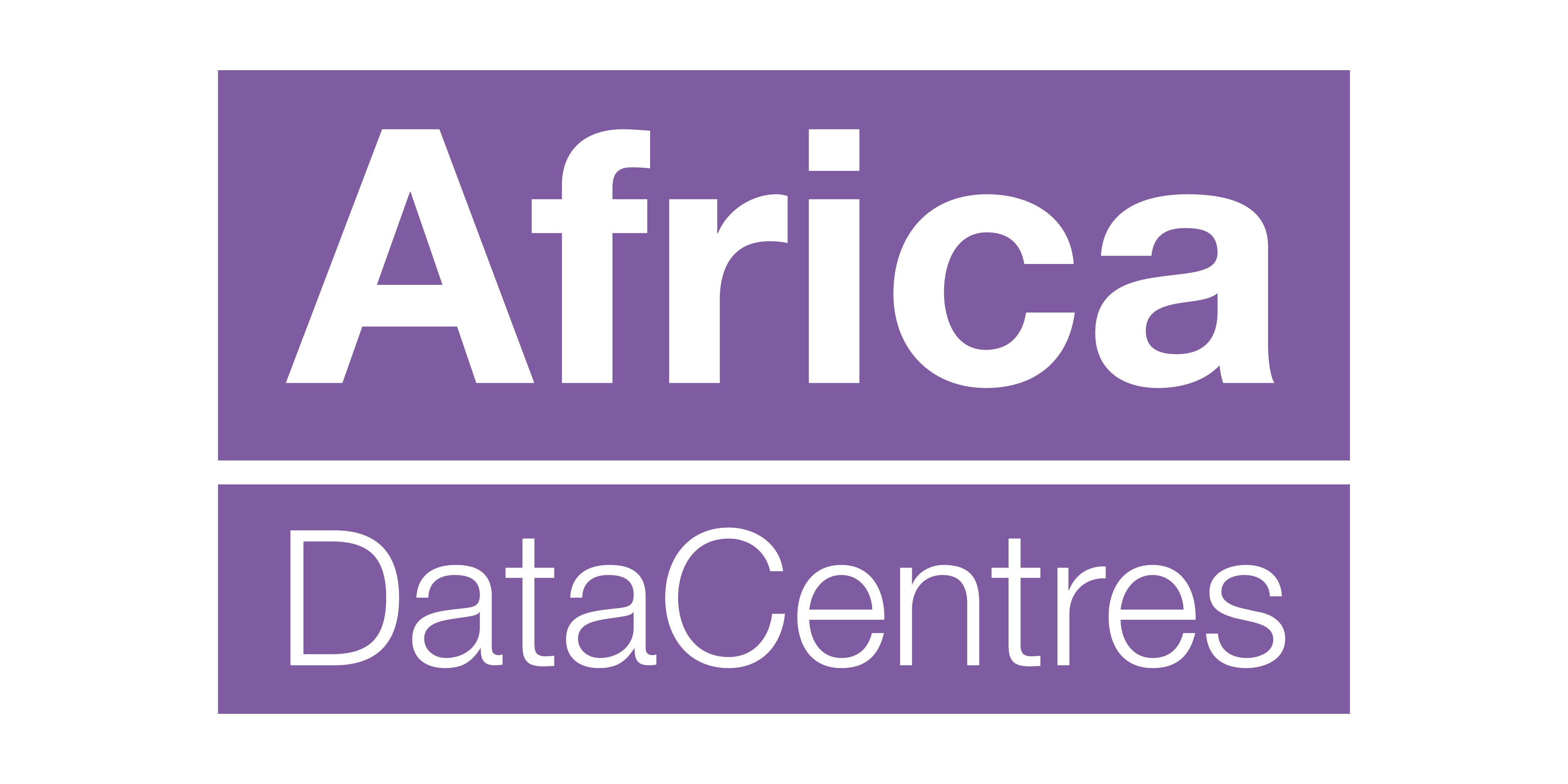Nairobi County Data Centers Locations (5)
About Nairobi County, Kenya Data Centers Market
Browse Nairobi Data Centers
Nairobi, the capital and largest city of Kenya, is an important hub for technology and innovation in East Africa. Its strategic location, robust telecommunications infrastructure, and status as a regional commercial center make it an attractive location for data center operations. Nairobi is home to the East Africa Data Centre, one of the largest data centers in the region, reflecting the city’s pivotal role in Africa’s digital economy.
The Kenyan government actively supports the ICT sector through policies aimed at enhancing digital infrastructure, encouraging foreign investment, and promoting technology startups. These initiatives are complemented by Nairobi’s efforts to improve energy reliability and increase the adoption of renewable energy sources, aligning with global trends towards sustainable data center operations.
Additionally, Nairobi’s vibrant ecosystem of tech enterprises, known as "Silicon Savannah," provides a dynamic environment for innovation and growth. The presence of numerous educational institutions and training programs helps maintain a skilled workforce, essential for the sophisticated operations required by modern data centers. The city’s growing connectivity, boosted by multiple undersea fiber optic cables landing on the Kenyan coast, offers excellent data transmission services to and from major global markets.
What Makes the Nairobi Market Unique
Nairobi’s data center market is distinguished by its role as a gateway to the East and Central African markets. This strategic position is crucial for businesses that require a centralized location to manage data traffic within the region. Nairobi’s growth as a tech hub is supported by significant infrastructure investments, including the development of technology parks and innovation hubs.
The focus on renewable energy and sustainability is particularly relevant for data center operators in Nairobi. The Kenyan government’s commitment to expanding renewable energy capacity, especially geothermal and solar energy, provides data centers with the opportunity to leverage these resources for cleaner, more cost-effective operations.
Moreover, the regulatory environment in Kenya, which includes initiatives to enhance data security and promote electronic transactions, offers a stable framework for data center operations. These regulations ensure high standards of data protection and operational compliance, which are essential for attracting international clients and maintaining trust.
Factors to Consider When Choosing a Nairobi Data Center
Choosing a data center location in Nairobi involves several key considerations. The availability of reliable and sustainable energy sources is paramount, as energy management is a critical factor in data center operations. Evaluating the local energy infrastructure and renewable energy opportunities is essential to ensure that operations can be sustained efficiently and responsibly.
Regulatory compliance with Kenyan and international data protection standards is another significant factor. Data centers must ensure full compliance with these standards to operate effectively and maintain high levels of data security and privacy.
Lastly, assessing the infrastructure's resilience to local risks, such as political fluctuations and infrastructural challenges, is crucial. While Nairobi offers many strategic advantages, data center operators should implement robust disaster recovery and business continuity plans to mitigate potential operational disruptions.







